 Find out why working with an agent representing both the buyer and seller is generally not a good idea. (Image of various estate sale listings )
Find out why working with an agent representing both the buyer and seller is generally not a good idea. (Image of various estate sale listings )
Conventional wisdom tells buyers and sellers to avoid working with a dual agent, and the reason is simple. Since dual agents work for both parties, it is impossible for them to represent the best interest of both parties. Dual agency is so controversial that it is even illegal in some U.S. states, including Florida and Vermont.
In New York State, dual agency is legal but with several restrictions. Most notably, New York State law requires agents representing the buyer and seller to inform both parties of their “agency relationship and the rights and obligations it creates” and obtain written consent. This article summarizes the pros and many cons of working with dual agents.
In New York State, dual agency is legal but with several restrictions. Most notably, New York State law requires agents representing the buyer and seller to inform both parties of their “agency relationship and the rights and obligations it creates” and obtain written consent. This article summarizes the pros and many cons of working with dual agents.
In this article:
Reasons to Avoid Working with a Dual Agent
First and foremost, a dual agent can’t offer the full range of services offered by an agent who only represents one side of a transaction. If you’re a seller, this essentially means you’ll end up paying an agent’s full fee (usually 6%) for partial or incomplete services. But the risks may be even higher for buyers.
Although buyers don’t pay agents’ fees (the seller typically covers both the buyer and seller agents’ fees), buyers have even more to lose when they choose to work with a dual agent. Since the agent also represents the seller, they are highly unlikely to help the buyer get the best deal possible. In addition, a dual agent is also unlikely to encourage the buyer to carry out a full inspection—one that might reveal flaws that could put them in a better position to bargain or even dissuade them from buying the property.
Although buyers don’t pay agents’ fees (the seller typically covers both the buyer and seller agents’ fees), buyers have even more to lose when they choose to work with a dual agent. Since the agent also represents the seller, they are highly unlikely to help the buyer get the best deal possible. In addition, a dual agent is also unlikely to encourage the buyer to carry out a full inspection—one that might reveal flaws that could put them in a better position to bargain or even dissuade them from buying the property.
Read New York State’s “Be Wary of Dual Agency” memorandum to learn more about the potential risks of working with a dual agent.

Potential Exceptions
While most sellers are looking to make as much as possible from a sale and may be willing to wait to get the highest possible bid, for some sellers, the speed of the sale is a top concern (e.g., when settling an estate). In this case, a dual agent can be helpful. Well-positioned to mediate between the buyer and seller, a dual agent may be able to accelerate a closing. In some cases, dual agents may also be willing to close a deal for a lower fee (e.g., 4.5% or 5% rather than the standard 6%), which can save the seller tens of thousands of dollars at closing.
Even if there are a few potential advantages for sellers looking to close a deal quickly, working with a dual agent is still rarely the best or only option. For example, in estate sale situations when sellers often want to close quickly and avoid the cost and time of staging a property, finding an investor willing to buy the property “as-is” in a cash-only deal is nearly always a better option.
Even if there are a few potential advantages for sellers looking to close a deal quickly, working with a dual agent is still rarely the best or only option. For example, in estate sale situations when sellers often want to close quickly and avoid the cost and time of staging a property, finding an investor willing to buy the property “as-is” in a cash-only deal is nearly always a better option.
Rights and Expectations When Working with Dual Agent
As per New York State law, in a dual agency situation, “the agent will not be able to provide the full range of fiduciary duties to the buyer and seller.” For this reason, the law further stipulates, “A buyer or seller should carefully consider the possible consequences of a dual agency relationship before agreeing to such representation.” Still, despite this reality, dual agency is legal in New York State. If you end up working with a dual agent, this is what you need to know.
First, if you’re working with a dual agent as a buyer or seller, they must a.) informed you upfront and b.) obtain your written consent to proceed. Second, as already noted, when working with a dual agent, it is important to have realistic expectations. A dual agent is more likely to play the role of a mediator than a coach. Finally, buyers, in particular, need to be prepared to do a lot more leg work. A buyer’s agent will generally do whatever they can to discover information relevant to drive the negotiations, including digging deep to find information to help the negotiations tip in the buyer’s favor. A dual agent is very limited in what they can reveal, which naturally disadvantages buyers.
As a rule of thumb, one should avoid working with a dual agent whenever possible. If you do find yourself in this situation, know your rights. If you were coerced or tricked into working with a dual agent or never gave your consent, report the violation to New York’s Department of State.
Active NYC Estate Sales
Would you like to tour any of these properties?
Just complete the info below.
Or call us at (212) 755-5544
The St. Urban, #5N
$6,495,000 (-23.6%)
Central Park West | Cooperative | 4 Bedrooms, 3 Baths | 3,260 ft2
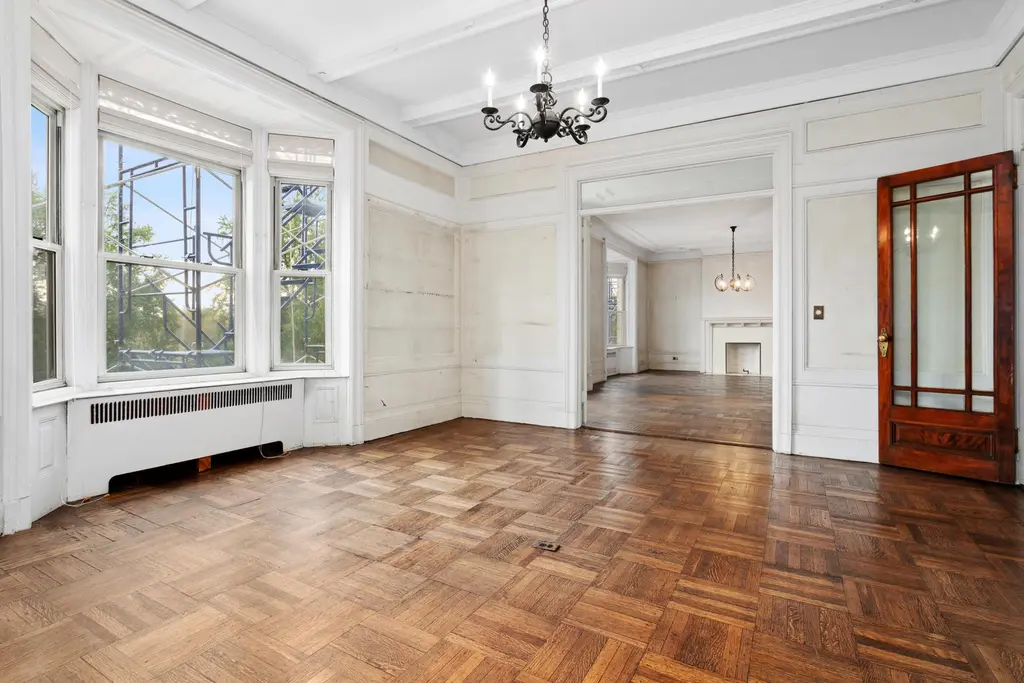
The St. Urban, #5N (Douglas Elliman Real Estate)


24 Central Park South, #5W (Sothebys International Realty)


1040 Park Avenue, #11C
$2,995,000 (-14.4%)
Carnegie Hill | Cooperative | 3 Bedrooms, 3.5 Baths | 2,700 ft2

1040 Park Avenue, #11C (Douglas Elliman Real Estate)
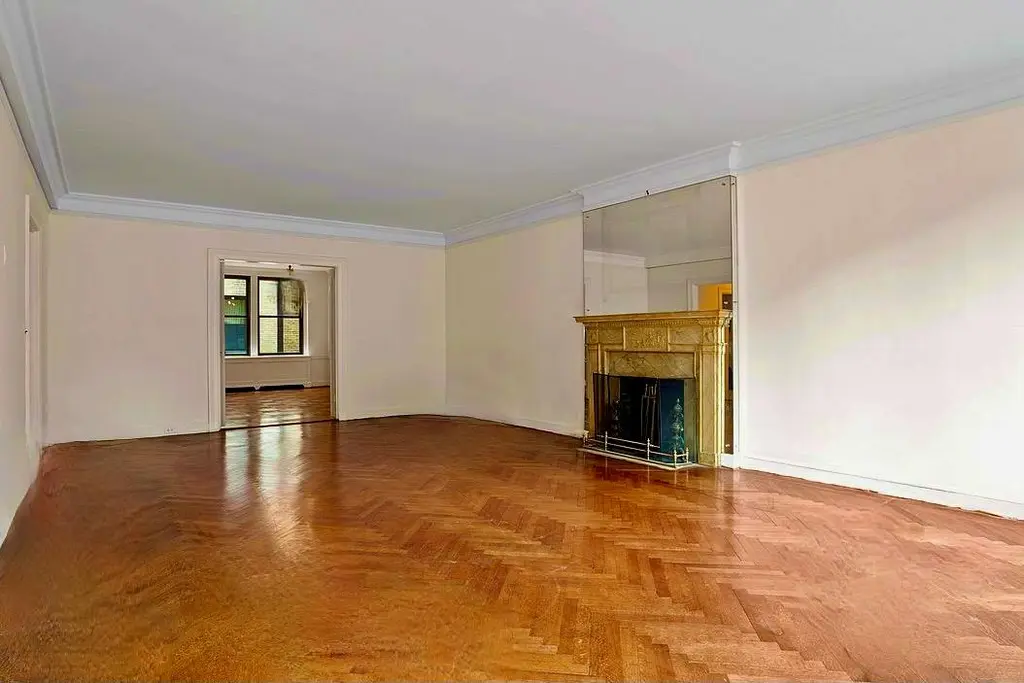


15 West 81st Street, #13J (Brown Harris Stevens Residential Sales LLC)


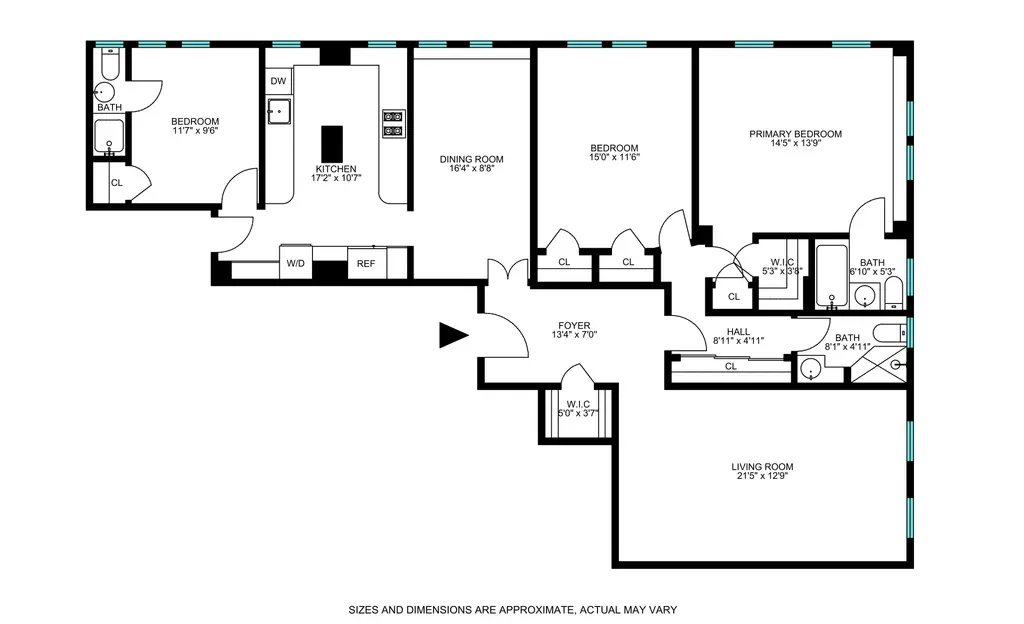
The Englewood, #12B (Stephen P Wald Real Estate Associates Inc)



179 East 70th Street, #2B (Corcoran Group)

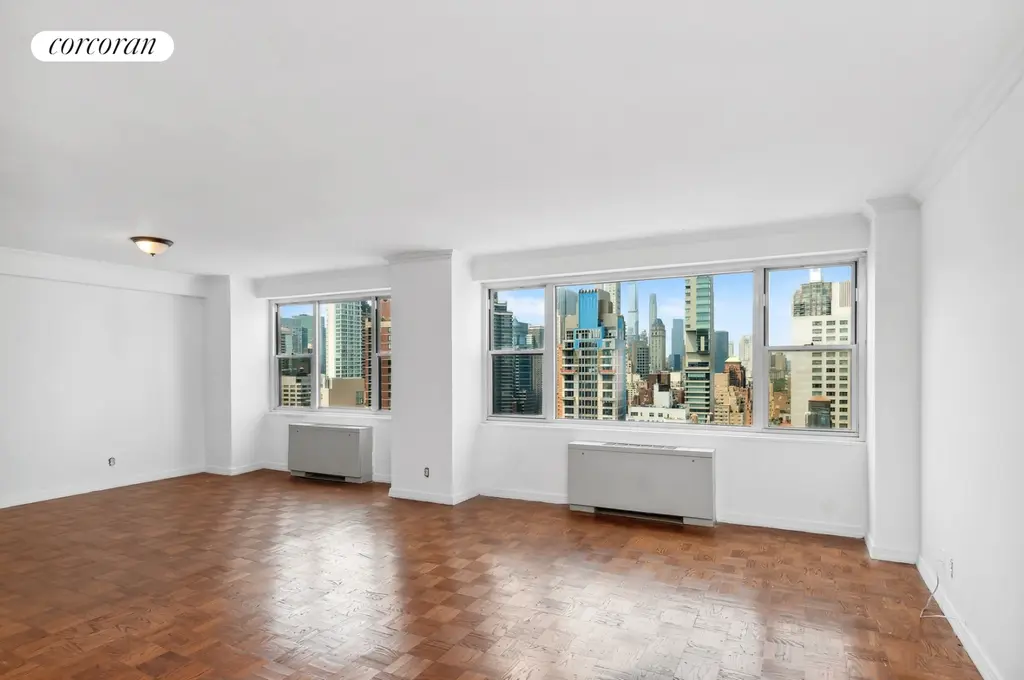
The St. Tropez, #31B (Corcoran Group)


Park Ten, #3G (Compass)


The Amherst, #10C (Compass)



The Brevoort, #3V (Compass)


The Sutton East, #15G (Brown Harris Stevens Residential Sales LLC)


50 Park Avenue, #14G (Brown Harris Stevens Residential Sales LLC)


The Brevard, #7M (Compass)

The Wexford, #2A
$599,000 (-20.1%)
Riverside Dr./West End Ave. | Cooperative | Studio, 1 Bath | 868 ft2

The Wexford, #2A (Corcoran Group)

The Cliff Dwelling, #304
$595,000 (-4.8%)
Riverside Dr./West End Ave. | Cooperative | 2 Bedrooms, 1 Bath
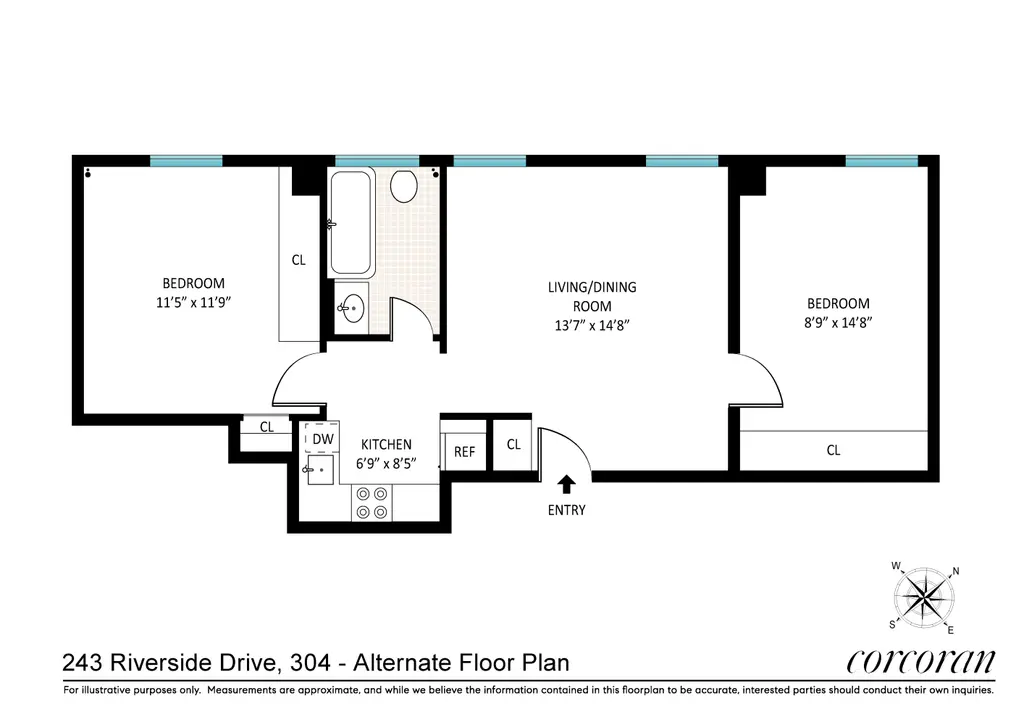
The Cliff Dwelling, #304 (Corcoran Group)



170 West 81st Street, #5C (Avenue 8 Inc)


321 East 54th Street, #2A (Compass)

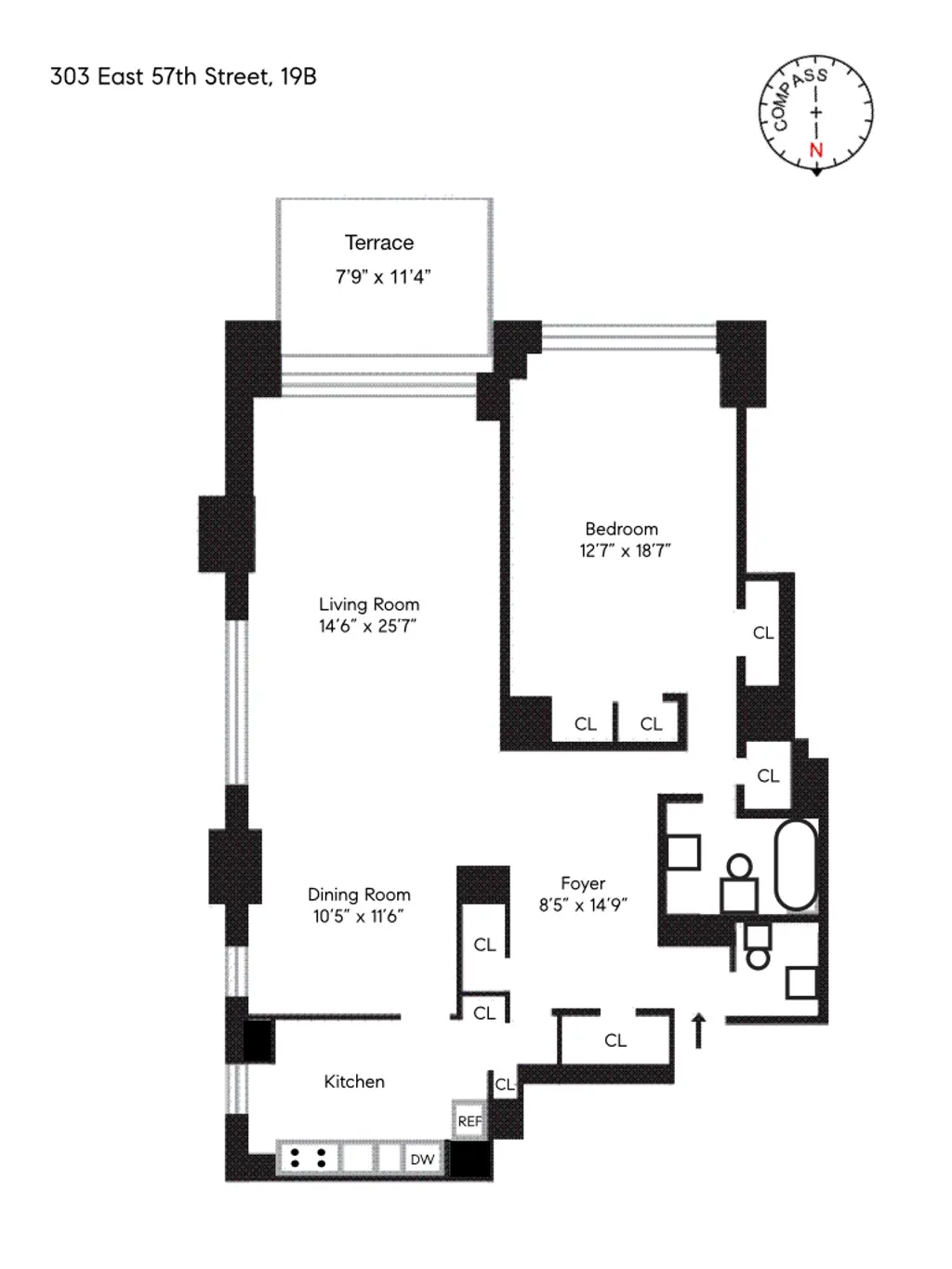
The Excelsior, #19B (Compass)



Prospect Tower, #703 (Brown Harris Stevens Residential Sales LLC)

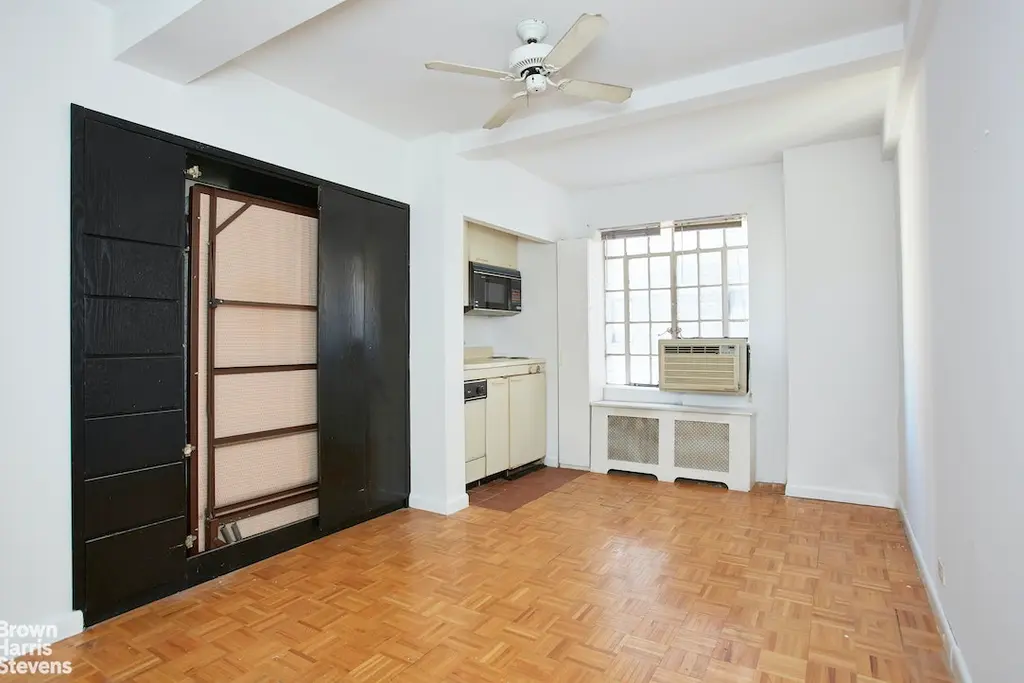
Windsor Tower, #1610 (Brown Harris Stevens Residential Sales LLC)
Would you like to tour any of these properties?
Just complete the info below.
Or call us at (212) 755-5544
Would you like to tour any of these properties?

Contributing Writer
Cait Etherington
Cait Etherington has over twenty years of experience working as a journalist and communications consultant. Her articles and reviews have been published in newspapers and magazines across the United States and internationally. An experienced financial writer, Cait is committed to exposing the human side of stories about contemporary business, banking and workplace relations. She also enjoys writing about trends, lifestyles and real estate in New York City where she lives with her family in a cozy apartment on the twentieth floor of a Manhattan high rise.





























 6sqft delivers the latest on real estate, architecture, and design, straight from New York City.
6sqft delivers the latest on real estate, architecture, and design, straight from New York City.
